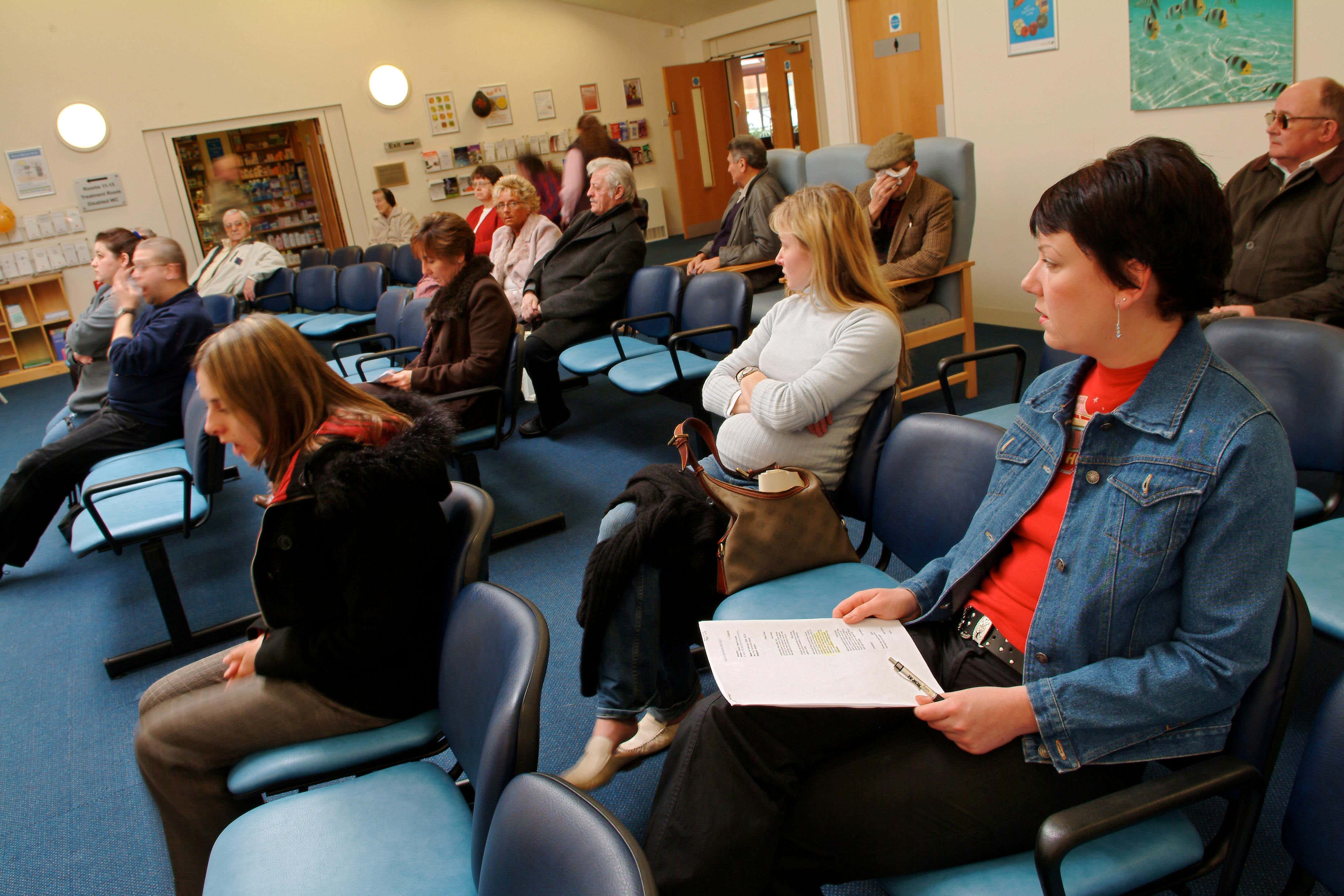Surge in patients paying for GP appointments as pressure on NHS grows
Healthcare provider says revenues from its private doctor meetings rose by 46 per cent last year

Your support helps us to tell the story
From reproductive rights to climate change to Big Tech, The Independent is on the ground when the story is developing. Whether it's investigating the financials of Elon Musk's pro-Trump PAC or producing our latest documentary, 'The A Word', which shines a light on the American women fighting for reproductive rights, we know how important it is to parse out the facts from the messaging.
At such a critical moment in US history, we need reporters on the ground. Your donation allows us to keep sending journalists to speak to both sides of the story.
The Independent is trusted by Americans across the entire political spectrum. And unlike many other quality news outlets, we choose not to lock Americans out of our reporting and analysis with paywalls. We believe quality journalism should be available to everyone, paid for by those who can afford it.
Your support makes all the difference.Demand for private GPs has soared as patients seek out face-to-face appointments with doctors at short notice.
Spire Healthcare, one of the UK’s largest private healthcare providers, saw 32,000 GP appointments booked with it last year – up from 23,000 in 2021.
The hospital company, which runs 125 GPs, said revenues from its private doctor appointments rose by 46 per cent in 2022.
It said demand was soaring as patients look for “fast access to longer face-to-face appointments with a GP”.
On the surge in demand, Spire Healthcare boss Justin Ash told The Telegraph: “Clearly there is a well known problem of GPs being under pressure, the 8am scramble [for appointments] is a thing. People want to be able to book online and they want to be able to book at short notice.”
In its annual report, Spire Healthcare said the company saw a “continued growth in demand from self-pay patients, and a strong rebound in our private medical insurance business”.
It added: “This reflects changing market dynamics, as more people turn to private care to meet their treatment needs. Continued strain on the NHS, manifested in over 7 million people on waiting lists, is clearly a backdrop to this changing demand profile.”
It comes after the British Medical Association warned the government that GP practices are under “unprecedented pressures and increasingly unable to meet the needs of patients”.
Data shows the NHS has lost 2,000 full-time GPs since 2015, and according to the BMA the number of GPs working full time has been steadily decreasing since 2017.
In a recent report, the BMA said “the long-term decline in GPs coincides with a rise in patients”.
It said: “Whilst there are 2,078 fewer fully qualified FTE GPs today than there were in September 2015, each practice has on average 2,224 more patients than in 2015.”
According to the latest NHS data, the number of same-day appointments offered by GPs has increased from 10 million in August 2020 to 13 million in January 2023.
Overall, face-to-face appointments account for the largest proportion of GP appointments with 20 out of 29 million patients seen in person compared to eight million telephone appointments.
The data shows the majority of GP appointments, 19 per cent, last between six and 10 minutes. This has remained roughly the same since the data was first collected in December 2021.



Join our commenting forum
Join thought-provoking conversations, follow other Independent readers and see their replies
Comments